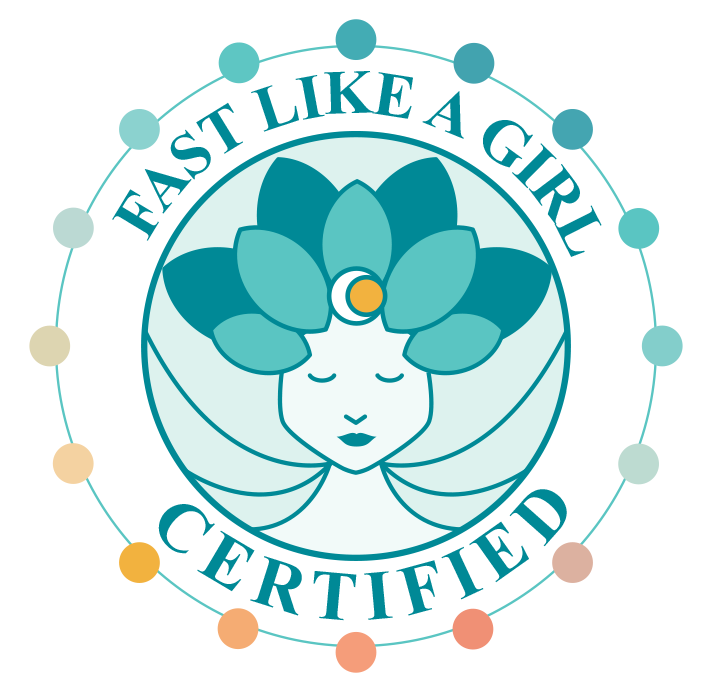Today is Ash Wednesday, the beginning of Lent.
It is the season which leads up to the Christian Easter, the resurrection day of Jesus Christ.
Lent is traditionally 40 days long, commemorating the 40 days Jesus fasted in the desert before beginning his ministry.
The Vatican has put out the guideline that all Catholics between the ages of eighteen to sixty will fast today. What they mean by fasting is to only eat one meal in the evening on this day, and early rules forbade white meat and wine as well. However, it is noted that fasting the body means nothing without a spiritual fast from sin.
Christianity is not unique is using fasting in religious practices. Muslims fast from sunup to sundown during Ramadan. Hindus and other Eastern religions also incorporate fasting in their rituals. Notably, fasting is easier when done in a group for a devotional purpose.
A long history of fasting
Fasting has also been practiced historically by luminaries such as Plato, Aristotle, Paracelsus and Hippocrates. As well, Naturopaths through the ages have recommended fasting as a time-honored way to clear the mind and the body.
There are many different ways to fast, and different lengths of fasts accomplish different purposes. As this is an introduction to fasting, I hope to cover more in future blogs.
Benefits
Today, there is much research to back up the practice of fasting. The benefits of fasting include:
- safe and effective weight loss
- lowers hunger
- increase metabolism
- reversal of insulin resistance, or pre-diabetes
- reversal of type 2 diabetes, avoiding its complications such as heart disease, peripheral neuropathy, and kidney disease
- cellular detoxification
- resetting the digestive system, including improvements in irritable bowel syndrome
- increasing human growth hormone, which builds muscles
- increased exercise capacity
- anti-aging and longevity
- mental clarity and sharpness
It is too much to explain how and why fasting does this in this blog. However, Dr. Jason Fung, MD, writes a blog that can show the science behind these claims.
Yes, I have fasted
I have done fasting as a health practice since my teens. When I studied traditional Naturopathic methods, fasting has always been included. I am happy to see the plethora of scientific studies showing the efficacy of fasting and busting some myths people have held about fasting.
In traditional Naturopathic medicine, water fasts were recommended for 3 – 7 days, or in some cases, 14, 21, 30 or more days.
I have done 7 days. That can seem daunting if you have never tried it.
I would not recommend this length of water fasting without consulting a physician such as myself experienced in fasting, because there are some health conditions and temperaments that do not do well with fasting. Certainly anybody on any medication, especially diabetic medication, needs to be monitored when embarking on a multiple day fast.
Fasting in today’s world
Recently, intermittent fasting has been adopted and become popular because it can adapt to the modern lifestyle.
Intermittent fasting involves not eating, but drinking water and certain beverages, from 16 to 24 to 36 hours at a time. The shorter fast can be done daily, and the 24 to 36 hour fasts are often done two to three times a week. Of course, in the time frames for eating, a nutrient-dense unprocessed diet low in carbs makes sense.
Intermittent fasting has an advantage over low-carbohydrate diets because any eating, even low carb or keto, induces the secretion of insulin. High levels of insulin are behind weight gain, insulin resistance and type 2 diabetes. When we don’t eat, we don’t secrete insulin. Therefore, insulin resistance can reverse faster with fasting. It’s that simple.
If you read through the whole list of benefits of fasting, you may have noticed that it results in gain of muscle and mental sharpness. These are two things people who have never fasted may believe you lose when fasting. Experience and science shows that this belief is unfounded.
Sometimes health is not about what you should do, but what you should not do. Fasting as not eating for a certain length of time, is one of those not-doing things that can benefit a lot of Americans today.
If you are considering fasting, please contact me to get guidance on what is appropriate for you and tips to make it easier. Call me, Dr. Cheryl, at 928-649-9234.





